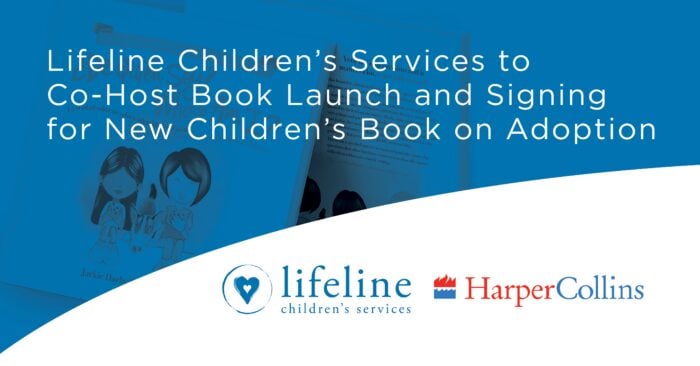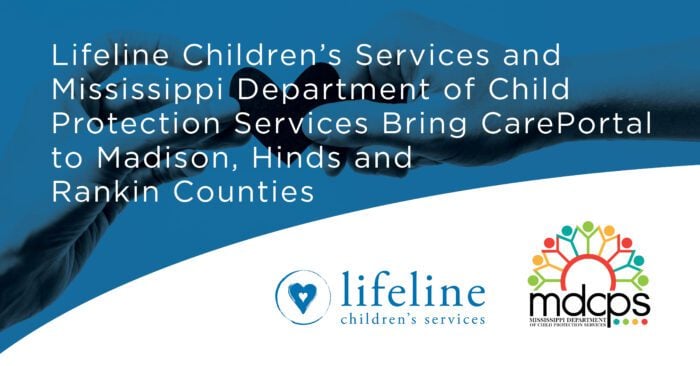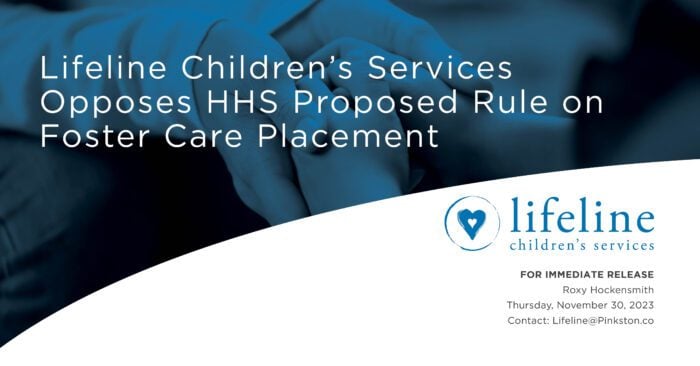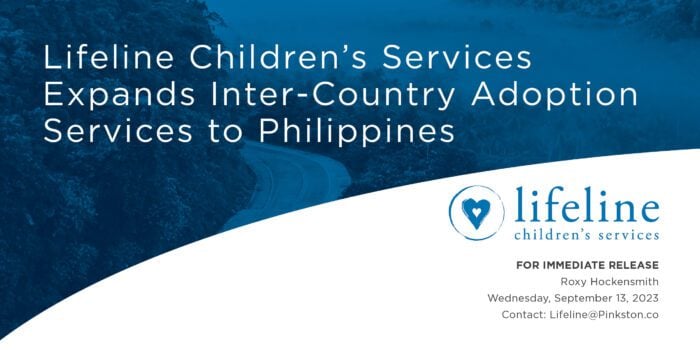In our culture, we greatly admire strength. We celebrate, sometimes even idolize, the talents and skills in others. Our respect goes to those who can overcome difficult circumstances through sheer will-power. In business, we greatly value the self-made individuals who transformed their abilities into great achievement. When it comes to our entertainment, nothing sells better than a powerful hero who wins the day. And in today’s turbulent world, many seek security in the strength of their personal economy and environment.


But there are at least two unfortunate by-products created by a fixation with strength. First, it can cause us to despise the weaknesses we see in ourselves or in others. Weakness is a quality of a person ‘regarded as a disadvantage or fault’. With so much admiration for capability, it stands to reason that we would try to hide our deficiencies out of shame. When faced with inability to overcome a problem or accomplish a task, many just remain silent because of the dread they feel when admitting they need help. In a world that so highly values self-reliance, we become adept at hiding our problems, our fears, our addictions, our temptations, and our sin. We reason that if people really knew of our inadequacies, perhaps we would be marginalized or rejected.
Secondly, an over focus on strength will lead us to place too much confidence in ourselves when it comes to setting and accomplishing goals or overcoming difficulties. The overly self-reliant are quick to assume that their plans are correct. And often when they find themselves in a season of despair they endeavor to overcome quietly in their own power, rather than reach out for help. Even in our churches we have developed statements of encouragement for those who are struggling that expose a subtle over-emphasis on self-reliance. We say things such as, ‘God will not give you more than YOU can handle’. Or ‘God only gives the greatest battles to his toughest soldiers’. And while we would not deny the well-meaning heart behind these sentiments (let’s be honest, we have all said them), the focus is still misplaced.
The Bible teaches us that what human culture sees as wisdom, is actually quite foolish to God. Scripture often overturns social norms by presenting an entirely different way to view life. When it comes to how we navigate our weaknesses, this is what the Lord says in Jeremiah 17:5,7-8: ‘Cursed is the one who trusts in man, who draws strength from mere flesh…but blessed is the one who trusts in the Lord, whose confidence is in him. They will be like a tree planted by the water…It does not fear when heat comes; its leaves are always green. It has no worries in a year of drought and never fails to bear fruit’. Most of us know what it is like to go through the heat that life can bring or live through a season of drought. And God uses this imagery to teach us that there is a way to order our days so that we can always flourish and be full of life. That way demands that we disregard the cultural pattern of relying on ourselves. Nothing good will come from placing trust in our own abilities. You will not bear fruit at all times by being confident in your ways, your wisdom, or your strength. Rather, a blessed life will be found when we realize our absolute dependence on God for everything.
The Apostle Paul came to realize this truth, and even wrote to the church in the city of Corinth that he had chosen to approach his weaknesses with gratefulness (2 Corinthians 12). Even in his day, this was a shift from the social norm of highlighting your strengths, and hiding your frailties! But Paul told the church that he had come to recognize that when he was weak, Jesus Christ would supply His power, His wisdom, through His Spirit, and the qualities of Christ were far greater, and far more satisfying than his own.
As moms and dads, husbands and wives, leaders and friends – we could do no greater service to one another than to live unashamed of weakness. Our legacy can be certain if we will decline fascination with our own competence; opting instead for a radical confidence in the power of God. May we celebrate our talents for what they are: gifts from above to be used for God’s glory and in service to other people. And may we be willing to speak of our weaknesses boldly, knowing that they are paths for God to deliver his power in unique and anointed ways.




